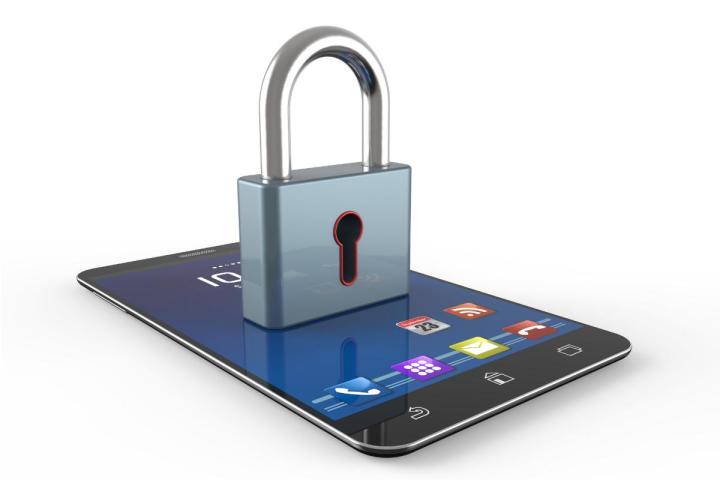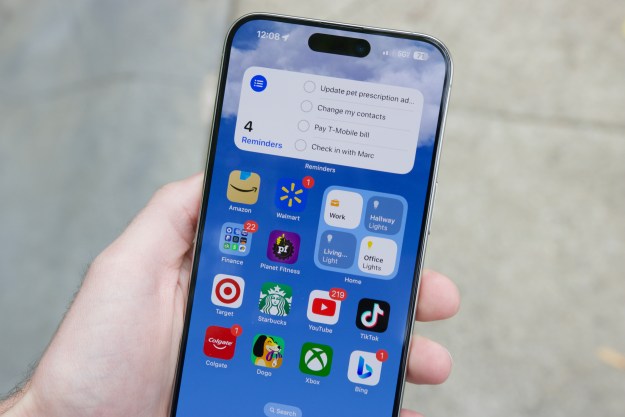
As part of this endeavor, the EFF recently unveiled its Secure Messaging Scorecard, which rates 39 messaging apps and utilities based on seven metrics:
- Is your communication encrypted in transit?
- Is your communication encrypted with a key the provider doesn’t have access to?
- Can you independently verify your correspondent’s identity?
- Are past communications secure if your keys are stolen?
- Is the code open to independent review?
- Is the crypto design well-documented?
- Has there been an independent security audit?

“Most of the tools that are easy for the general public to use don’t rely on security best practices – including end-to-end encryption and open source code,” according to the EFF’s page dedicated to the scorecard. “Messaging tools that are really secure often aren’t easy to use; everyday users may have trouble installing the technology, verifying its authenticity, setting up an account, or may accidentally use it in ways that expose their communications.”
Check the Secure Messaging Scorecard to see how secure your favorite messaging apps are.
Editors' Recommendations
- Meta’s ChatGPT killer is taking over your favorite apps
- How to hide apps on your iPhone
- How to turn your old phone into a security camera
- How to use Google’s Gemini AI app on your Android phone
- What iPhone do I have? How to find out your iPhone model number

